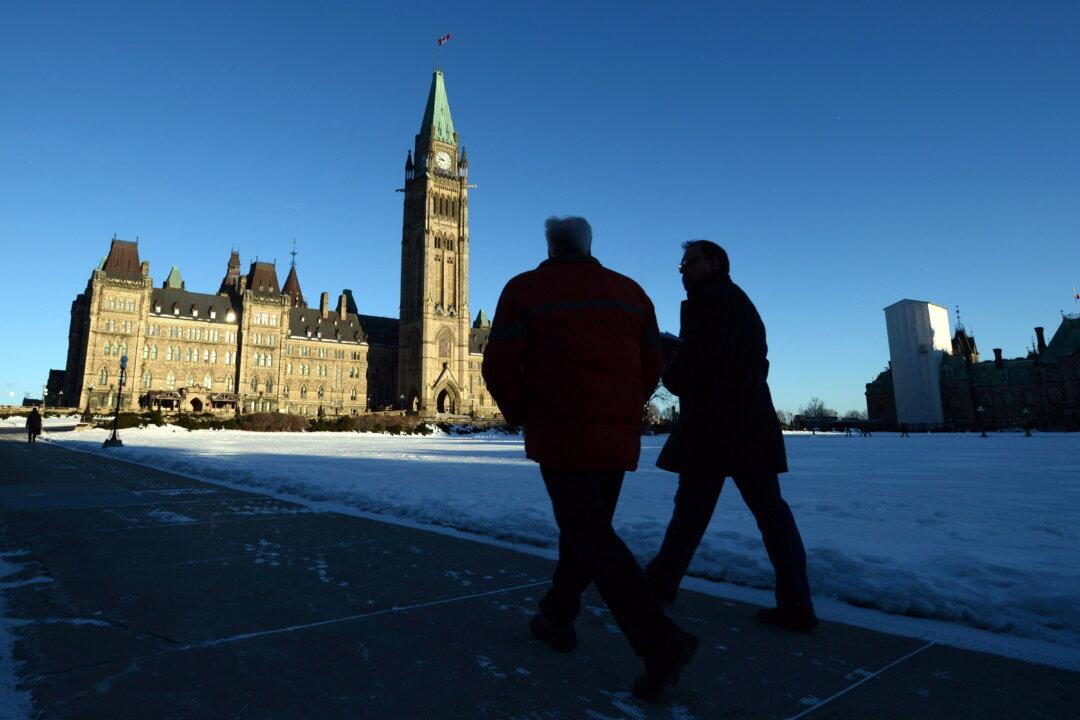Four conservative premiers will appear before a House of Commons committee this week to ask Ottawa to reconsider its “punishing” April 1 increase of the federal carbon tax.
The premiers of Alberta, New Brunswick, Nova Scotia, and Saskatchewan shared on social media this week letters they had written to the House Finance Committee requesting a chance to testify about the impending carbon price hike.





